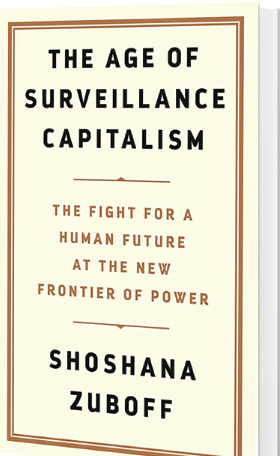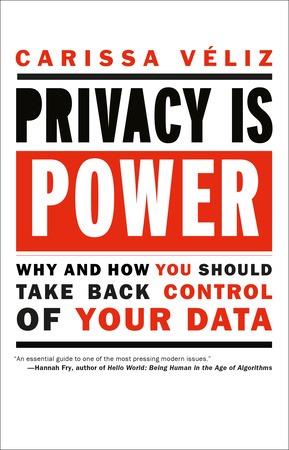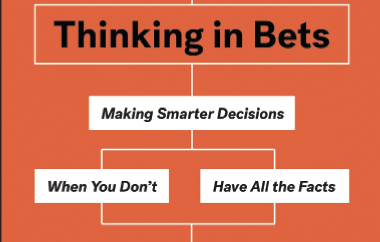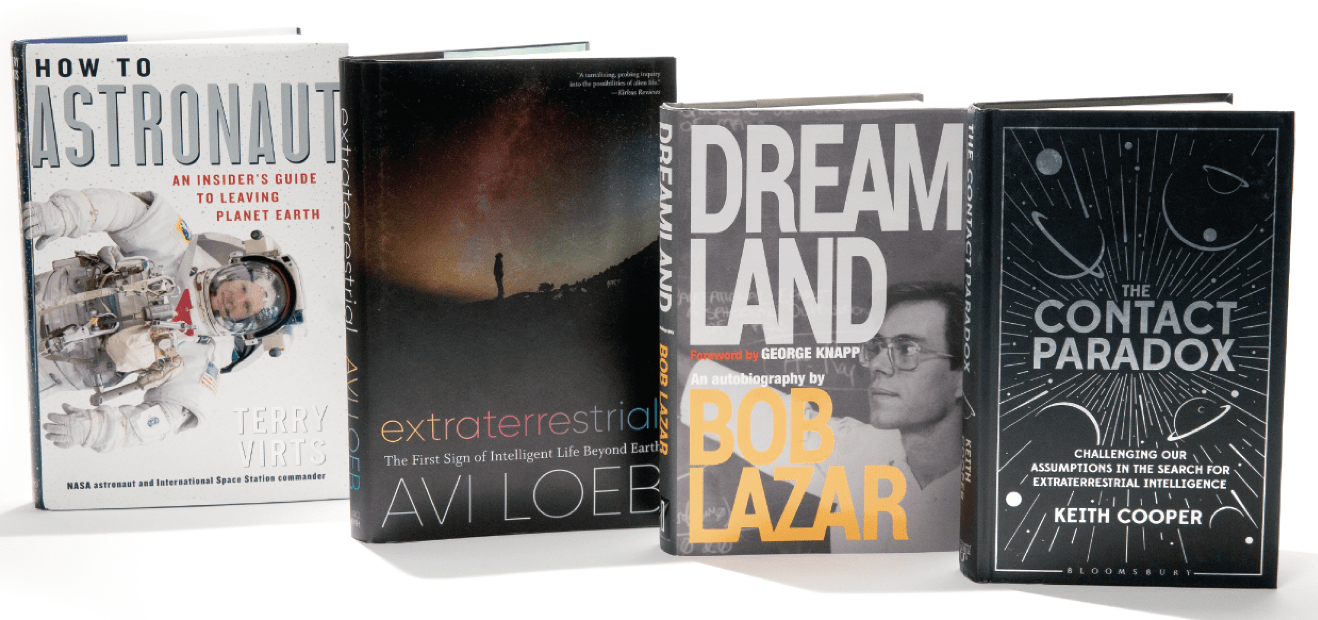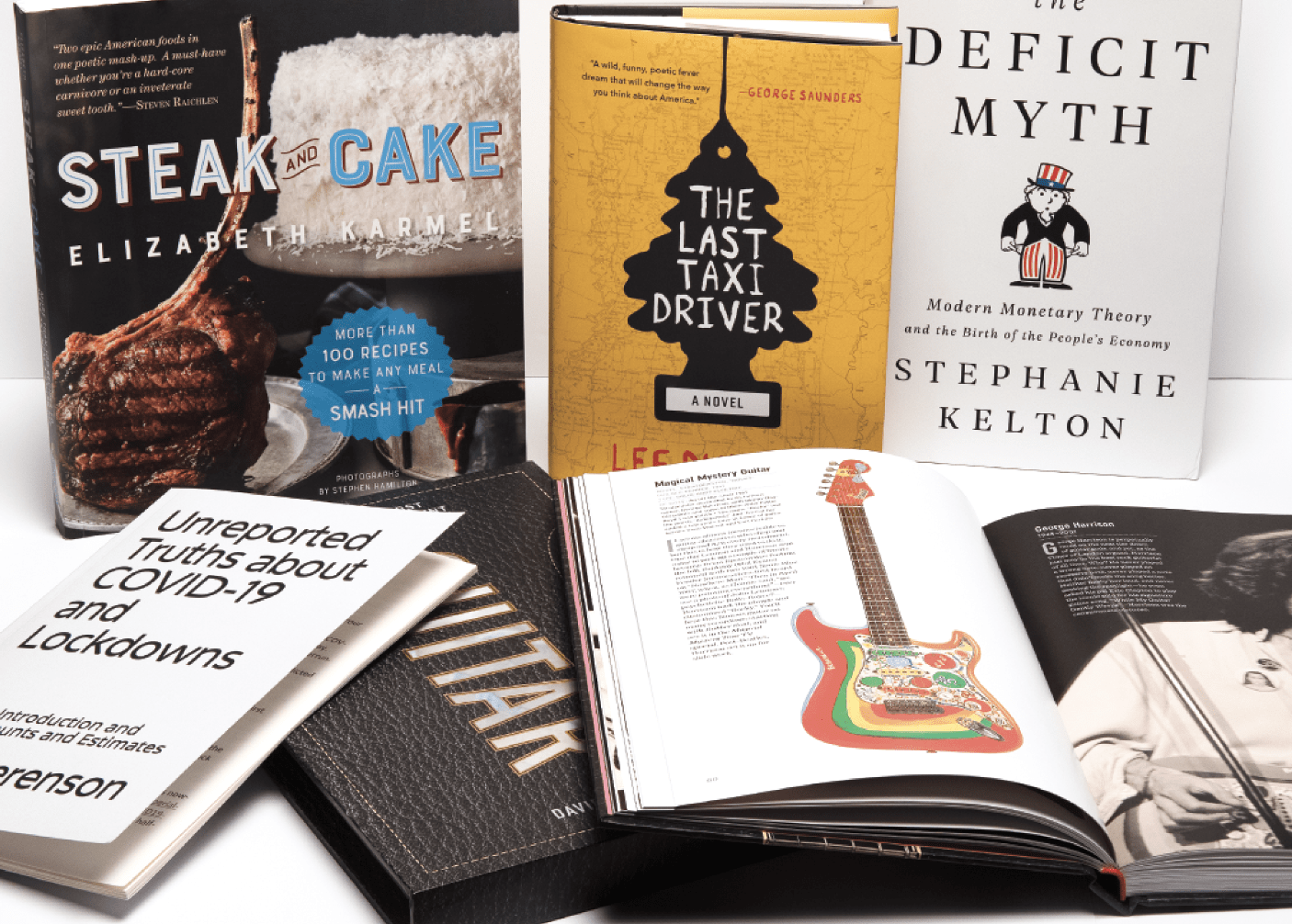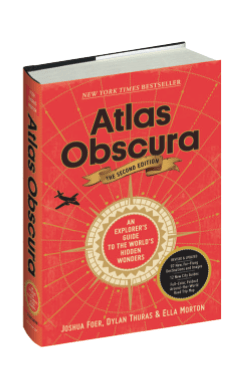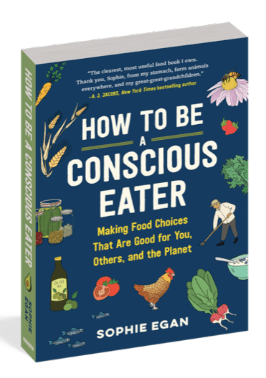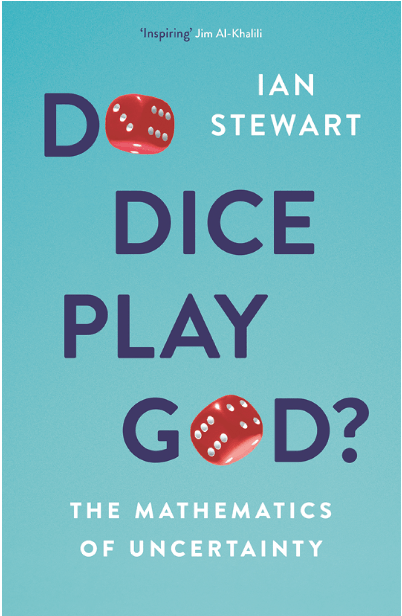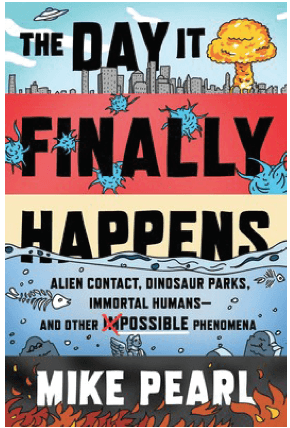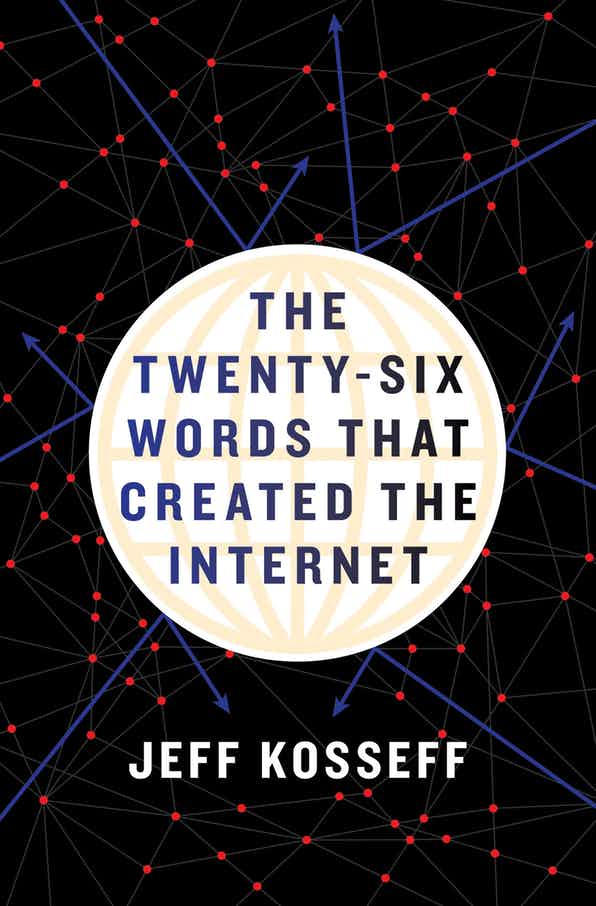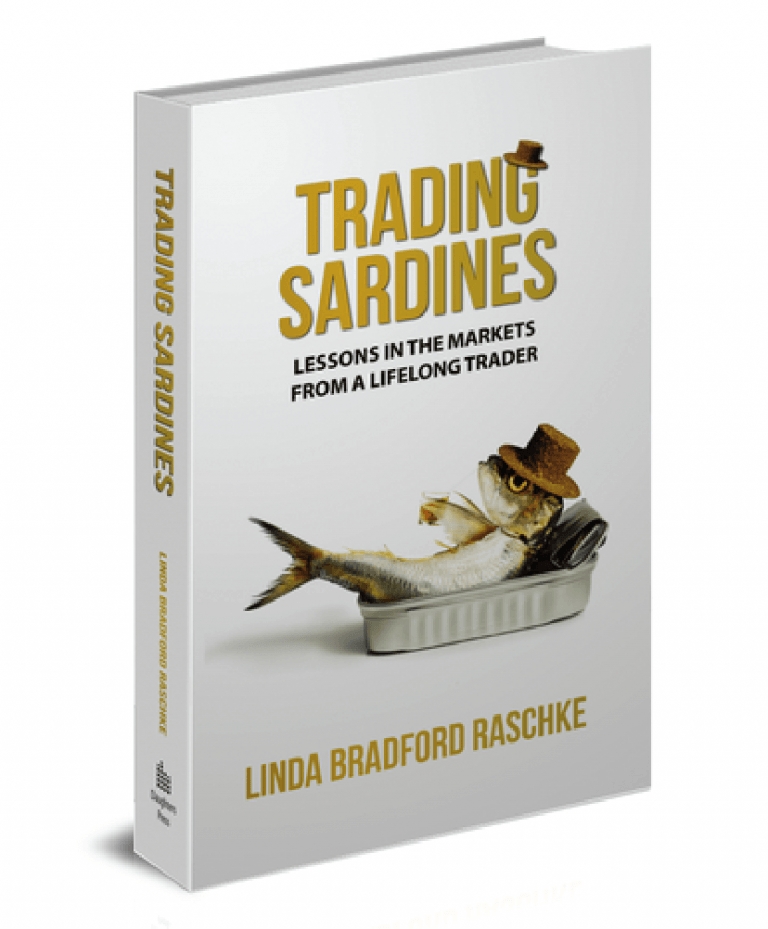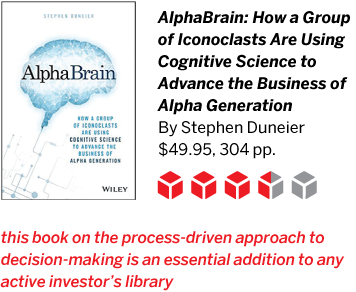The Luckbox Bookshelf
New and not-so-new books that captured our attention this month
Far too often, book reviews drive away readers. But reviews present just one stranger’s view, and taking them to heart leaves great books undiscovered. The Luckbox Bookshelf offers profiles instead of reviews. Don’t look to these pages for opinions. Think of Bookshelf as a place to discover books that educate, entertain and challenge entrenched beliefs. Book rankings are accurate at press time and subject to change.
The Bell Curve: Intelligence and Class Structure in American Life
By Richard J. Herrnstein and Charles Murray
The Bell Curve (1994), by Richard Herrnstein and Charles Murray, uses empirical statistical analysis to quantify variations in intelligence among races. The authors cite factors that might explain the gaps they observe, and they warn of the consequences for society if these inequities are not addressed. Their controversial findings touched off a firestorm in academia and the media, and the book sold more than 400,000 copies in the first few months after publication.
The book illustrates the importance of the Luckbox decision to “profile” books instead of reviewing them. Any reviewer who would assert that the data science community has never refuted the data Murray uses to quantify gaps in intelligence would be targeted immediately by social justice warrior trolls with itchy Twitter fingers.
On the other hand, the idea that the authors tacitly condoned racial prejudice by failing to answer provocative questions about the two factors they said cause the gaps—environment and genetics—would offend readers who derived their own misguided conclusions regarding the source of disparities among the races.
As Albert Einstein rightly scolded academia, “information is not knowledge.” Real knowledge is the synthesis of information with experience, context and values. Even if one accepts the book’s data and information as sound, The Bell Curve comes up short by failing to assign attribution—let alone prescribe solutions—to the variances the authors observed. Moreover, the authors made no attempt to steer readers away from prejudiced conclusions.
So why did Luckbox add The Bell Curve to its bookshelf? For the same reason you’d find volumes by Hayek, Keynes, Hitler, Darwin, Marx and Engels, not to mention the Bible, the Koran, Carson’s Silent Spring and Cornwell’s Hitler’s Pope.
Great bookshelves, like great choirs, rely on the strength of their individual voices.
Amazon Best Seller Ranking
#10 in Demography Studies
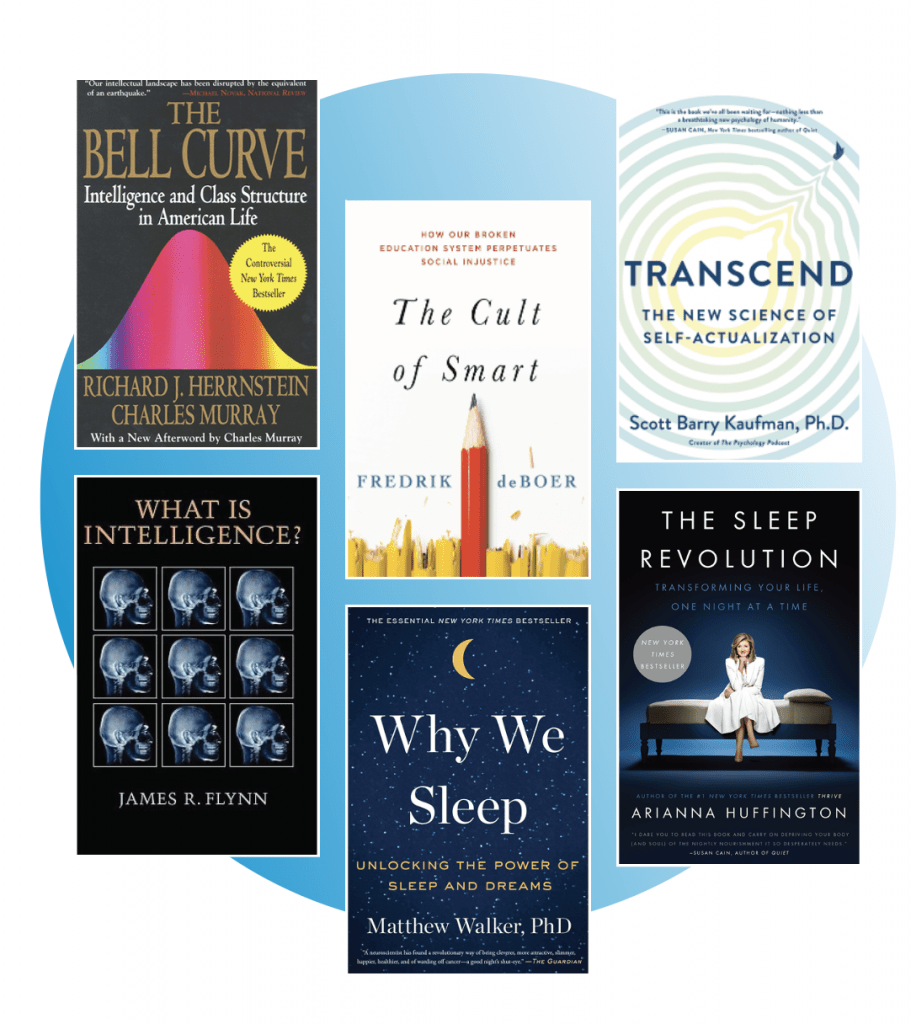
The Cult of Smart: How Our Broken Education System Perpetuates Social Injustice
By Fredrik deBoer
In The Cult of Smart: How Our Broken Education System Perpetuates Social Injustice, leftist educator Fredrik deBoer makes the case for a completely new approach to education in America.
Too many students simply don’t have the intellect or motivation to succeed in an academic environment, deBoer writes. Forcing them to suffer through years of study serves no one.
Instead, schools should accommodate weaker students by loosening standards and providing more paths toward declaring themselves educated.
The time has come to stop blaming the schools for failing to prepare students for good jobs, when the fault actually lies with an economic system that no longer provides opportunities for graduates with less-than-stellar credentials, DeBoer writes.
Some have claimed that the book’s recommendations don’t square with left ideology, but deBoer argues that they fit with Marxism’s scientific rationalism, empirical approach to history and desire to use reason to promote human emancipation.
Vulture’s No. 7 Best Book of 2020
Transcend: The New Science of Self-Actualization
By Scott Barry Kaufman
In all of his writings, Scott Barry Kaufman aims to examine self-actualization without falling into the trap of self-help. In his new book, Transcend: The New Science of Self-Actualization, he avoids offering guru-like directives, instead urging readers to determine and pursue their own paths to the good life.
Transcend emerged from the unfinished work of the late Abraham Maslow, creator of Maslow’s hierarchy of needs. Kaufman pieced together and expanded upon the archives of unfinished writings that Maslow left behind upon his death.
The public has embraced the hierarchy Maslow laid out in a 1943 paper but has failed to understand it, according to Kaufman. Maslow placed food and water at the bottom of the hierarchy and self-actualization at the top. Management consultants who’ve written about the hierarchy illustrated it first as a ladder and later as a pyramid with varying levels dictated by society. Maslow actually thought of self-actualization as a direction one might choose to travel, taking two steps forward and one step back, Kaufman writes.
What is Intelligence?: Beyond the Flynn Effect
By James R. Flynn
The late intelligence researcher James Flynn documented the fact that IQ scores have been rising steadily ever since the tests came into use more than a century ago. He also established that it’s not some isolated phenomenon, tapping sources from 30 countries for his research.
Flynn’s accomplishments were recognized in the academic community when the upward trend was named the Flynn effect. But the New Zealand-based professor didn’t rest there. As he suggested by the title of his 2007 book, What is Intelligence?: Beyond the Flynn Effect, he continued his exploration of intelligence.
One by one, Flynn refuted every point made by researchers who accepted the notion that gaps in IQ scores among racial groups were due to anything genetic. He maintained that the differences were related to environment and would disappear as opportunities expanded for people from different groups.
Why We Sleep: Unlocking the Power of Sleep and Dreams
By Matthew Walker
Just about everything good gets better with proper slumber, Matthew Walker writes in Why We Sleep: Unlocking the Power of Sleep and Dreams.
Sleep promotes learning, improves memory, boosts energy, relieves stress and counteracts depression. It also regulates metabolism, controls hormones, fine-tunes appetite, fights Alzheimer’s, lessens the risk of diabetes and might even prevent cancer.
Enough? How about slowing the effects of aging and increasing longevity? What’s more, good sleep habits create the right conditions for dreaming, which sets the stage to reconcile the past with the present.
So, how does one exploit those advantages? Walker offers actionable advice, including steps to take to get the best night’s sleep.
Amazon Best Seller Ranking
#3 in Pulmonary Medicine
#18 in Sleep Disorders
The Sleep Revolution: Transforming Your Life, One Night at a Time
By Arianna Huffington
Americans just don’t take sleep seriously enough, according to former editor-in-chief of The Huffington Post Arianna Huffington. No, sleep isn’t just a waste time. It’s vital.
But the nation’s cavalier attitude toward sleep has precipitated a crisis, Huffington writes. That’s why she’s calling for a “sleep revolution.”
To combat the culprits depriving the citizenry of a good night’s sleep, she’s taking on the sleeping pill makers. She’s also urging everyone to clear their bedrooms of the screens that rob them of their ability to relax into slumber.
Huffington addresses the downside of sleeplessness, including weight gain, diabetes, Alzheimer’s, heart disease and cancer. There’s also plenty of scientifically grounded information in her book on the importance of dreams and the restorative power of sleep.
In her view sleep serves as a gateway to a life of wonder, well-being and giving.
New York Times Best Seller
